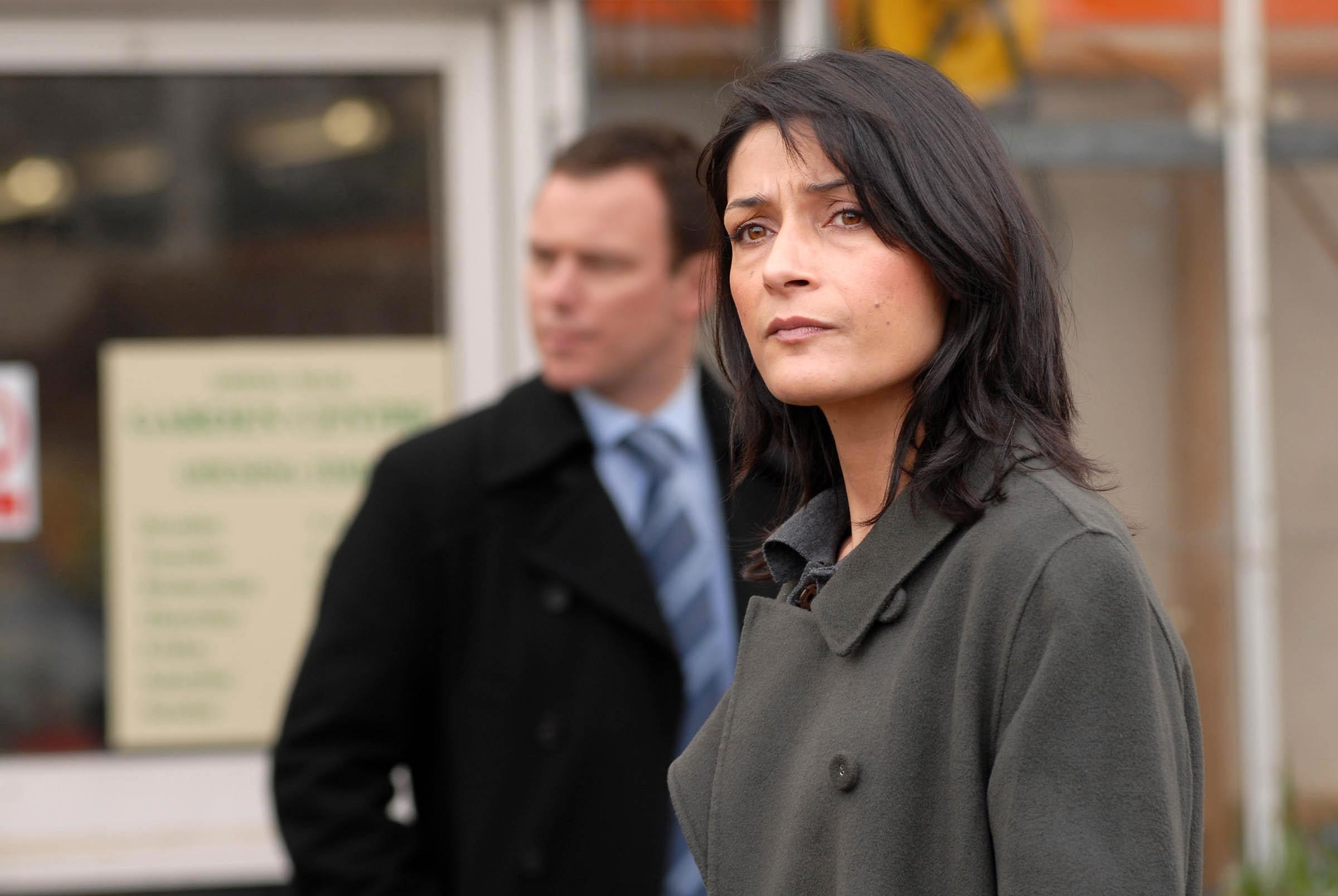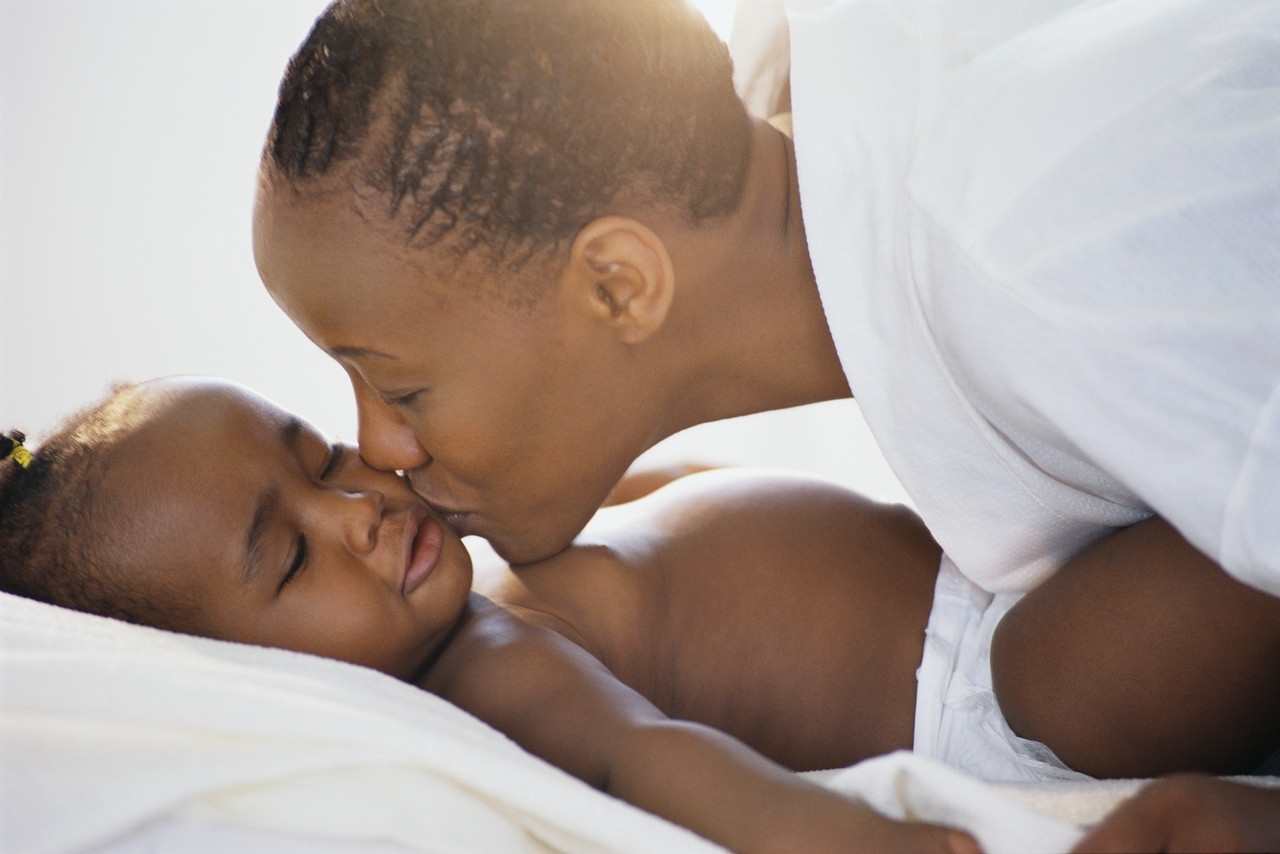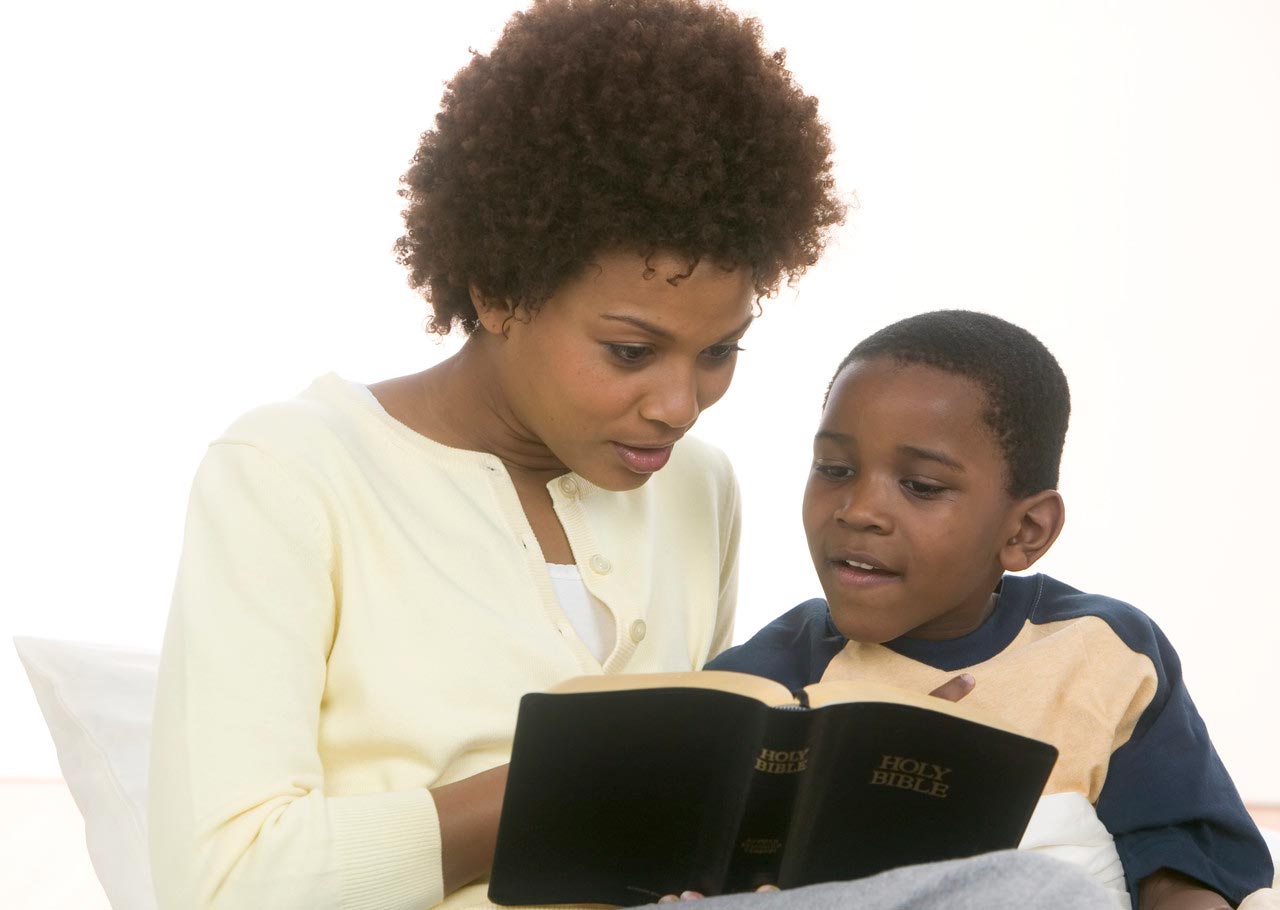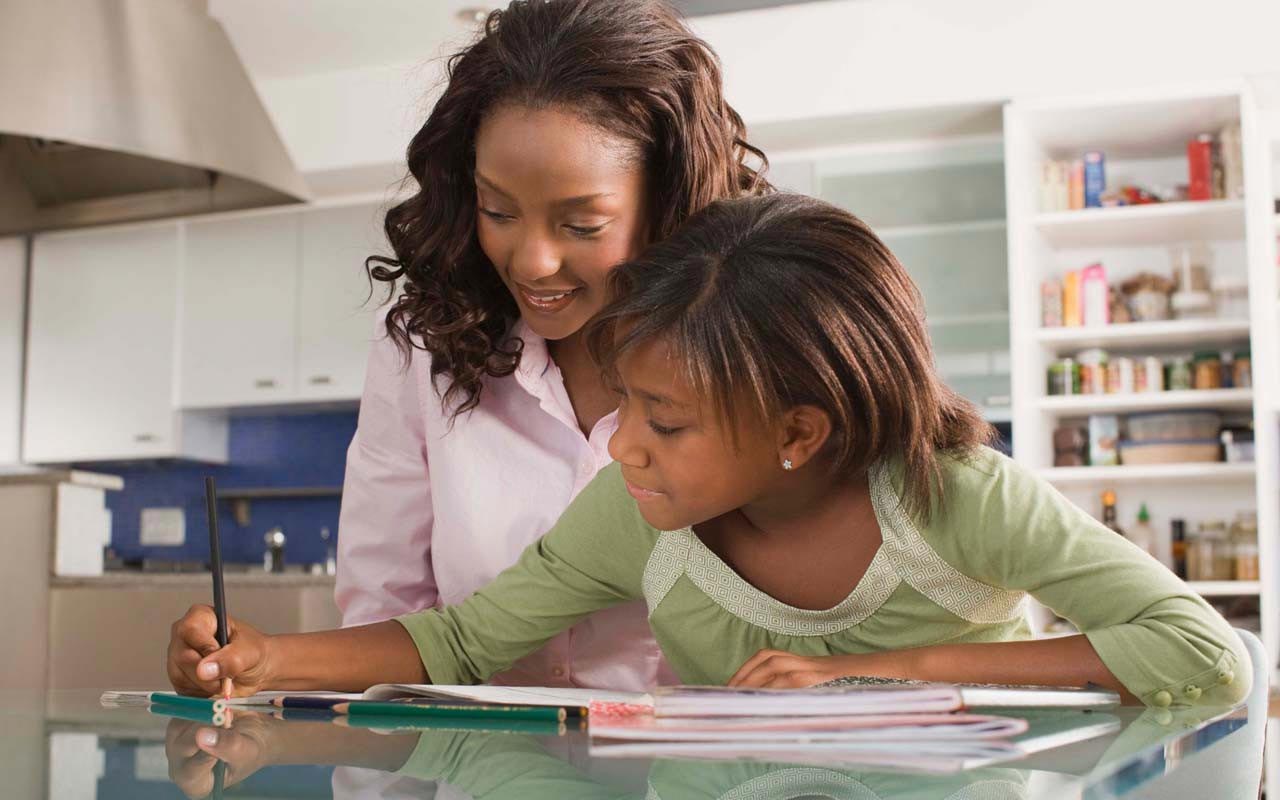by Amita Dhiri

The best-kept secret of my generation? How great it is to have a baby. So said Milly in the recent anniversary special of my Nineties television series This Life – which revisited the characters ten years on.
I certainly don’t always agree with everything I make my characters say – but I’m with Milly on this one. In fact, I’m a typical example of the so-called Bridget Jones generation – the one that “forgot” to have babies and suddenly woke up from a fog of Chardonnay and rewarding career opportunities to find themselves pushing 40 and sitting in the waiting rooms of IVF clinics.
Of course, there are all sorts of reasons why women of my generation have left it later to have babies (and the trend continues – the average age for first-time mothers is approaching 30).
Bulging pay cheques and recalcitrant men have put us off, but I’m beginning to think a kind of “aversion therapy” that I experienced in my teens has also been a factor.
I reached the cutting edge of teenagedom in the early Eighties, and me and my friends who came from liberal, middle-class families – our parents were mostly in the media – were well-schooled in the drawbacks of early pregnancy. Our feminist mothers knew all too well that having babies young would hold us back in our careers.
Our mothers’ generation seemed particularly concerned we shouldn’t fall into the trap of being all gooey about babies. They had in mind the stultifying atmosphere of the Fifties – against which they had rebelled in the Sixties -an atmosphere of Stepford Wives, pink frills and claustrophobia. They wanted to save us from all that.
No teacher or parent I knew would ever have talked to us about the joy of being a mother, the amount of love and laughter it brings into your life, together with a sense of purpose and meaning. Not that its purpose and meaning is any greater than that found in a career, but it’s certainly as valid.
No. They talked to us about the terrible weight of responsibility that parenthood was, the pain of childbirth, the loss of freedom, the sleepless nights, the destruction of career prospects, the loss of power and the dependence on men.
I remember the stark, unpleasant birth videos they showed us at school – and I thought it most unfair that we had to watch them with the boys, who could snigger knowing they would never have to go through such indignities.
I for one made a vow to myself that I’d never have a baby. I wrote my vow on a piece of paper and put it in a special box. I felt, however, that there was a very real danger that inevitable broodiness would take over and I’d forget my vow – so I wrote out a list of future years and vowed to sign the document every year to keep me on the straight and narrow.
That’s how much I couldn’t bear the thought of what seemed – after all those fearful videos – like the humiliation of childbirth.
I’m not saying for one minute that having babies young – unless that’s your vocation and you can afford it – should be entered into lightly. I think it’s important to become a fully-formed adult before you become a parent. So part of me is really grateful for the conditioning I got. The trouble is, I wish I’d been able to forget that conditioning when I turned 30 and could make up my own mind.
At my London comprehensive school, we were very politicised about contraception and abortion. We all went off to the newly formed Brook Advisory birth control centres at the faintest whiff of sex – and in my case, the whiffs were very faint at 15.
But it was a mark of coolness to go on the Pill, even if you didn’t need to. We were somehow asserting our political rights. Victoria Gillick – our very own version of Mary Whitehouse – was fighting High Court battles trying to stop her under-age daughters being prescribed the Pill (not that they wanted it; her case was hypothetical) – and we were up in arms about her.

Then there was the fact that we’d just come out of the punk era, when it wasn’t cool to be girly. Childhood wasn’t so nostalgically gendered as it is now. I didn’t grow up as one of those all-pink little girls you see in the parks these days, with their pink ballerina dresses, pink ballerina scooters and pink ballerina smiles. My parents gave me cap guns and dressed me in Levi’s.
And the pop stars of my teen years weren’t having babies the way the Spice Girls and All Saints did. In their recent heyday, those two bands made it cool to be pregnant – in hipster combats with their delectable sun-kissed bumps sticking proudly and nakedly out below their skinny Ts.
In my day, we looked up to Debbie Harry and Annie Lennox. They both put themselves over as sophisticated, intelligent women, forces to be reckoned with. They appeared in pop videos with all their clothes on. They weren’t girls or sex objects or Mums. They were women. They accessorised with brains (and sometimes boots), not babies.
During my 20s, I didn’t worry about babies at all. Not that I was career focused; the opposite, in fact. I was a mess. I felt much too young and irresponsible to even think about getting married or starting a family. That’s what grown-ups did, and I felt far from grown up – a wannabe writer who lived on temping and a Saturday-only market stall job.
Then, in my late 20s, work started to come together. It was incredibly exciting to be an employed writer with a TV show in production. My phone started ringing. I hired an accountant. I flew business class for the first time. Babies? I couldn’t possibly fit them in.
I’d long ago lost the special box that contained my vow, but it didn’t matter. I wasn’t broody at all. Maybe that’s why I had relationships with men who weren’t the family type either.
Then, in my late 30s, I began to feel ready for motherhood. I got bored of the rat race (even business class wears thin after a while) and started to long for a family.
I finally let the right man into my life and, once we were married, set out to get pregnant with some trepidation.
My head rang with dire warnings of invasive fertility treatments and elderly eggs, to say nothing of the horror stories you hear about labour with no pain relief, and all the grief of mastitis, incontinence and marital stress that supposedly goes hand in hand with having a baby.
In the end, I was lucky enough not to have to do IVF, and the most frightening moment of the whole experience wasn’t the moment my waters broke – that was quite funny – it was the moment I settled down cosily at home with my bump to read baby expert Gina Ford’s book.
Her pages and pages of routines, involving rousing at 6.45am, expressing 30ml-60ml from the second breast before washing and sterilising all equipment while ordering a set of black-out blinds and drinking a large glass of water, had me shaking with fear.
Meanwhile, every report of childbirth I read in the press was full of words such as “hell” and “agony”. On the other hand, natural birth advocators threatened that an epidural for pain relief was bound to end in punishment by forceps (the loss of sensation sometimes means it’s harder to push the baby out).
Plus, you have to have tepid baths, rub cream into your belly so you don’t get stretch marks, massage your perineum (very hard to reach), eat spinach, pull up on your pelvic floor, play Mozart to your baby, but don’t, whatever you do, lie back in comfort of an evening and watch television – TV must be watched on all fours so that your baby is in the right position for birth.
Well, that was what everyone said, anyway. After all that worry, I’m very lucky – and surprised – to be able to report that I really enjoyed having my baby when he arrived last April.
The birth wasn’t frightening; it was really, really exciting. The pain was painful, but it came and went, and at no point did I feel even near to losing control. I had an epidural which wore off in time to push.
I didn’t find the experience humiliating. I found it empowering.
It was one of the great moments of my life when I heard my son Arthur’s voice and saw his face for the first time. I was very glad I hadn’t kept my teenage vow and missed out on such an incredible experience.
I know I was lucky. I know birth can be really traumatic – but I would guess that the number of traumatic births is disproportionate to the amount of fear spread by tales of them.
I’d also read alarming tales of post-natal depression, but no one had dwelt on the fact that after it’s over, you’re just as likely to be on a wonderful high which lasts days, weeks or even months.
The high carried me through the worst of the sleepless nights. I found the fear of the sleeplessness to be worse than the actual fact of it. I had bad nights and bad days, of course, days when I had to work and I could hardly prop open an eyelid – but that was the exception, not the rule.
Most of the time I was amazed at how fine I felt, given that I’d just gone from 40-odd years of eighthour nights to rarely sleeping for three hours in a row.
The other thing no one managed to get across to me was how the love gets you through. I’ve loved parents and siblings and dogs and men in my time – but not like this.
Of course, it’s true that baby love brings its fears, too – I sometimes find myself carrying Arthur downstairs fantasising dramatic images of catastrophic falls – by which I mean to say you realise, when you have a child, that you’ve got a hell of a lot to lose.
But the upside of the love – the most present side – is that it’s fun. It’s fun loving someone so much. It’s like the early days of a romance, when everything’s going well.
You’ve always got something to look forward to – seeing your baby again in the morning, seeing him grow, his first steps, first words, first day at school, first drum kit; I look forward to it all.
There’s nothing quite like looking at your baby and marvelling at the miracle. It’s a very different kind of satisfaction to the satisfaction gained from my working life, but the two complement each other beautifully. I feel very privileged to be able to have both. On the one hand, birth is empowering – but earning your own living and being independent is certainly empowering, too.
When I was dreading motherhood, I never understood how the love would motivate me and make the mundane and boring seem enjoyable and lovely. And how being devoted to someone else would make me feel good about myself.
Perhaps that’s easy to say, being a freelance writer who can go back to work at home and afford childcare (four hours on weekdays) which gives me the all-important break – and the chance to exercise my mind and pursue my career.
I’m grateful to those Seventies feminists, because they’re partly the reason I’m sitting at my laptop earning good money today. But I’m sad that the message I got gave me a tendency to turn up my nose at the joy motherhood and family can bring.
Sometimes I fantasise about another life I might have had – one in which I had my first baby at 25 and went on to have four more.
I know it’s easy for me to say, and things are different for less privileged mums – but mostly, or at least for some of the time, I imagine they are in on “the best-kept secret”, too. Motherhood is fun.










